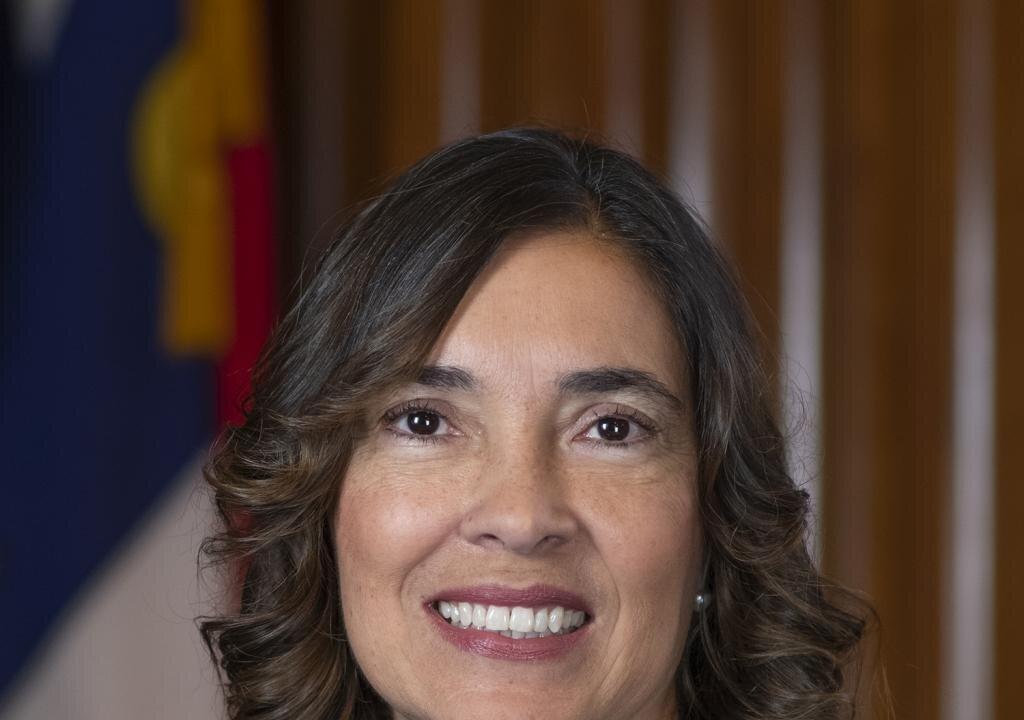A federal judge has rejected North Carolina Supreme Court Justice Anita Earls’ request for a preliminary injunction to block an investigation into her allegations that the state’s court lacks diversity.
According to Reuters, U.S. District Judge William Osteen denied the request that Earls said would have prohibited the North Carolina Judicial Standards Commission (JSC) from violating her free speech.





